I have been working with newtonsoft api for a while now.
From the terminology point of view, it makes sense when you call out a value of a property you will get a JValue. But do I continue processing that value if it is a JObject? The only way that I have come up is to call out: JObject.Parse(JValue.ToString())
A cast would trigger an InvalidCastException.
I hope that someone could provide me an example of how to handle nested JObjects.
